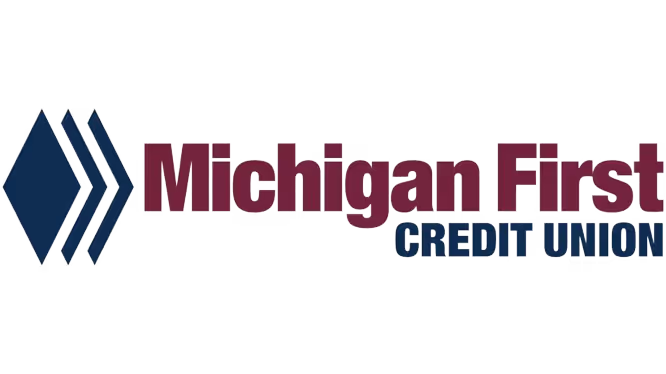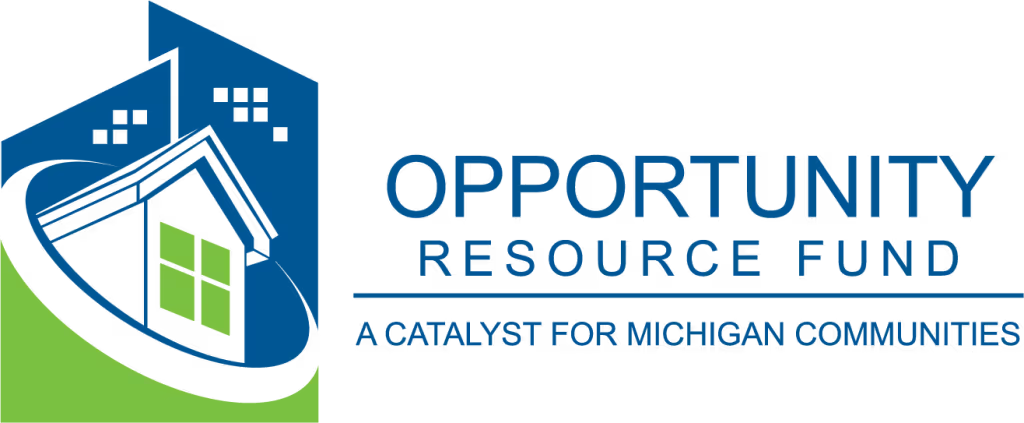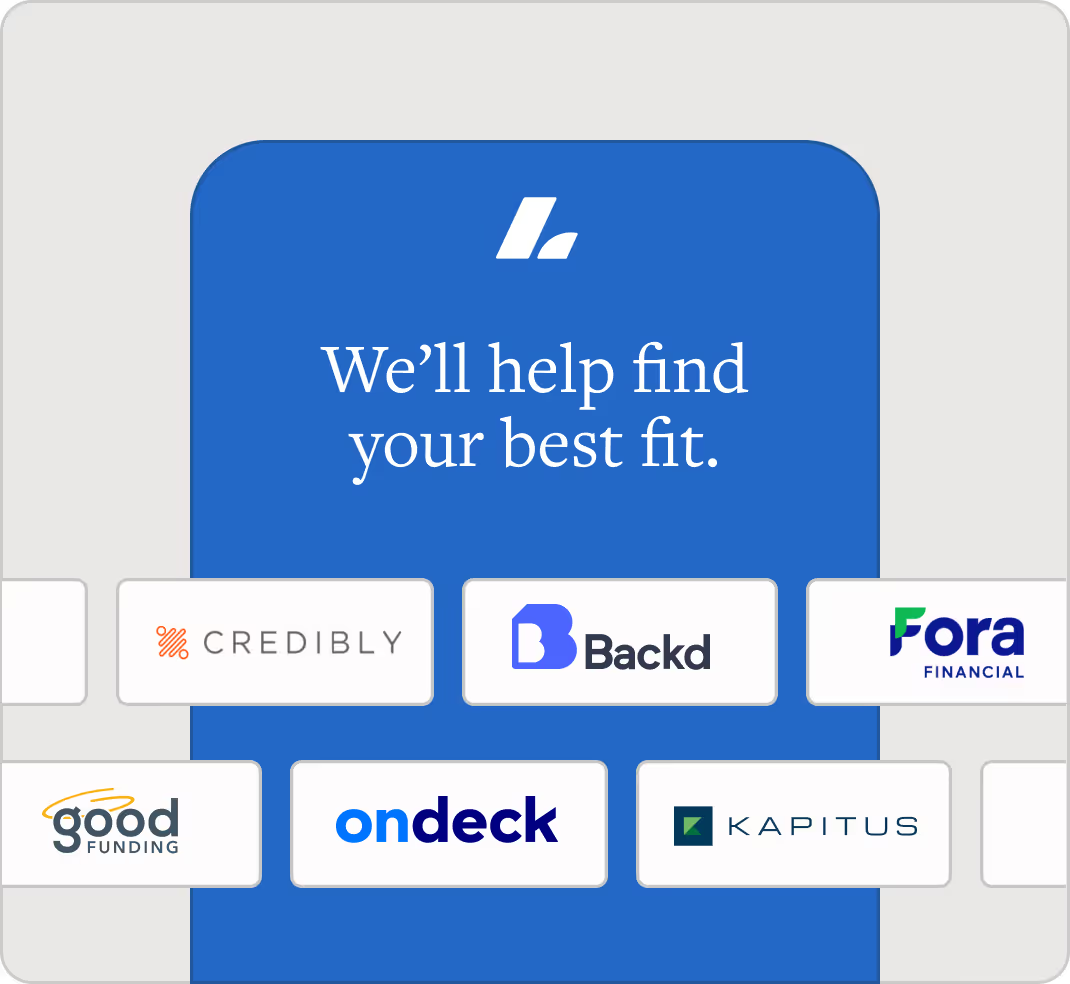Mahony's Home Improvement
March 15, 2016
—
3 min read
I had the recent opportunity to talk with Tim Mahony of Mahony’s Home Improvement. Tim was looking for a way to finance bigger projects so he could expand his business. Here’s what he had to say about his experience with Lendio.
Tell me a little bit about your business.
I own Mahony’s Home Improvement, we are a remodeling company that specializes in bathrooms, kitchens, and flooring. We do it all, but those are our specialties.
Why and when did you start it?
I started the company back in 2012 because I had been working for a contractor that was teaching me the business and I thought I was ready to go out on my own. I was wrong, and the first year was a huge learning experience for me.
How did you get the initial capital to start your business?
The initial capital came from Christmas presents and bidding tools into jobs actually. I would borrow what I needed until I had the money to purchase my own tools. The first year was dedicated to funding the business.
What keeps you going? What’s your passion that drives your business?
My family and my drive for success keep me going every day.
What did you need funding for?
This isn’t my first company, I have failed in the past. This is my longest running company with over 3 years and having a passion for the work itself greatly helps. With the line of credit, I got from Lendio, I have been able to take on bigger projects. Customers don’t like giving a complete stranger thousands of dollars for materials before the job begins so I’ve been limited in the size of the projects I could do, until now. I have 3 jobs going on as we speak that are bigger than any other jobs I’ve ever gotten because I had the line of credit to pay for the materials myself.
How was your experience with Lendio?
I found Lendio on a google search along with multiple other companies. I chose Lendio because of the rep, Tracy Schultz. Unlike the other companies, she continued to call just to check on things. I changed my mind about 20 times on what kind of funding I wanted and what I was going to use it for, and she stayed on top of it, always updating me on the progress. She made me feel like I wasn’t just another sell.
My experience with Lendio was fantastic. They got me more money than I thought I could ever get and I will always use them in the future.
I would definitely recommend Lendio to all of my contractor friends and already have to a few.
What general business advice do you have for other small business owners?
My business advice I give everyone is to just get up every day and go to work. Every day will not be the greatest, you will not make a million each day, and there will be days you want to give up. You just have to go to work, do what you do best, make every customer as happy and as satisfied as you can possibly make them, and at the end of the day, know you did everything you could to make your business successful that day. Continue doing that and everything should work out.
You can find out more about Tim’s remodeling business here. To get started with Lendio, visit www.lendio.com.















